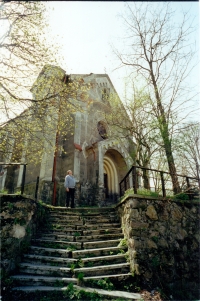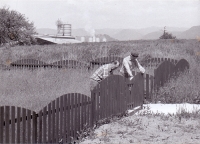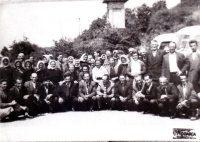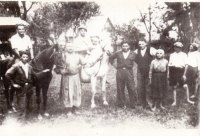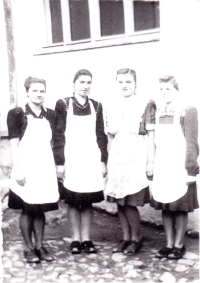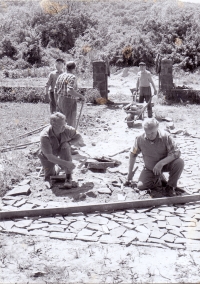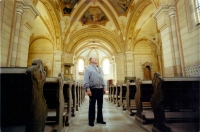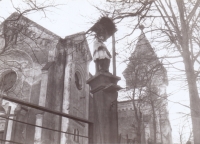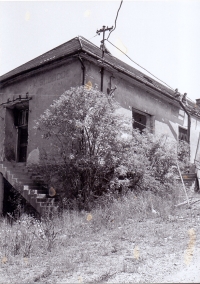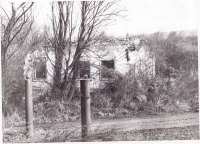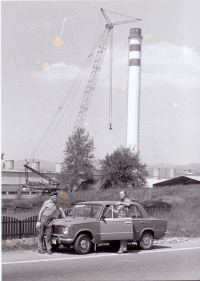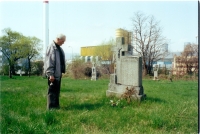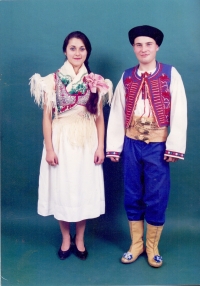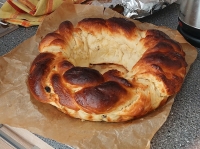They cooked goulash, cried, sang, laughed. Then they locked the pub and it was over
Helena Obertášová, nee Šoucová, was born on September 17, 1929 in Horné Opatovce. She was a native of the village, which was erased from the map in 1969 and its cadastre was added to Žiar nad Hronom. The village suffered an ecological disaster after aluminum production was started in its immediate vicinity in the 1950s. As a young woman, Helena Obertášová served in Bratislava and Levice, later she worked in Preglejka in Žarnovica, in Factory of SNP and was also the last innkeeper in Horné Opatovce. She later worked at Jednota and for 17 years as a confectioner at the company Restaurants in Žiar nad Hronom. She is dedicated to confectionery even after retirement, baking 22 000 cakes a year. In 1953, she married Viktor Obertáš. After the decision to evict and the demise of Horné Opatovce was made, she and her husband moved to Žiar nad Hronom on Opatovská street in 1968, where they built a house. They had 3 children, one of them died at a young age. After the natives founded the civic association Horné Opatovce, she and her husband joined its activities.
